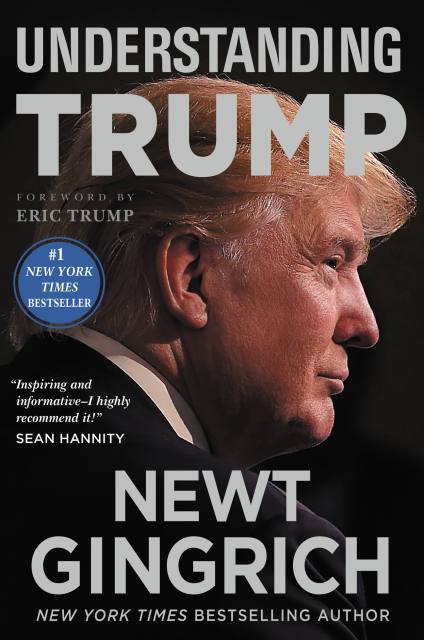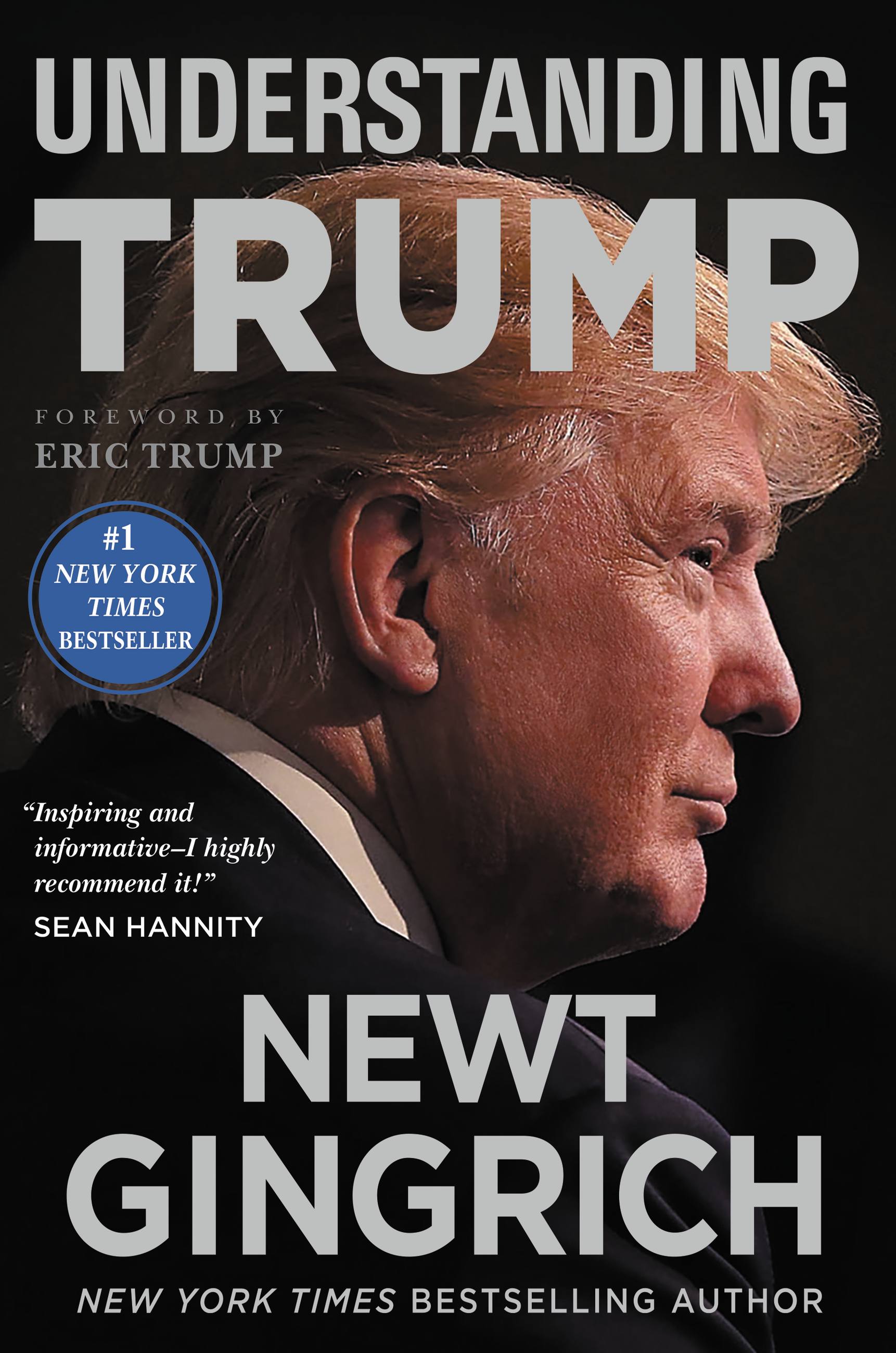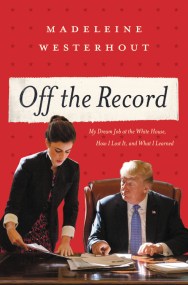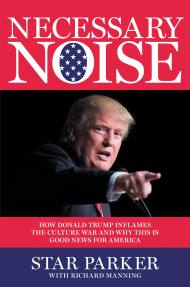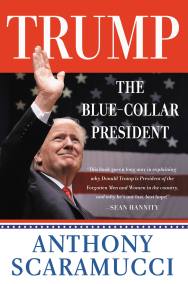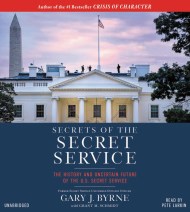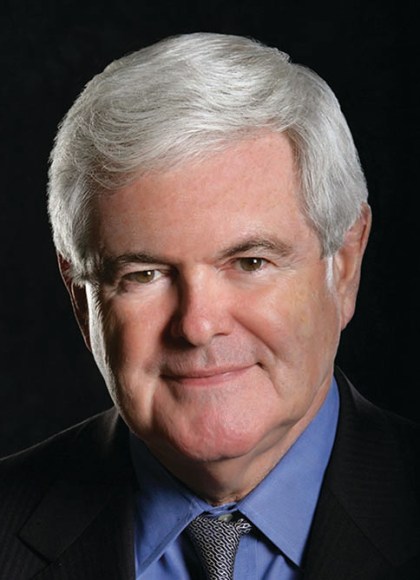By clicking “Accept,” you agree to the use of cookies and similar technologies on your device as set forth in our Cookie Policy and our Privacy Policy. Please note that certain cookies are essential for this website to function properly and do not require user consent to be deployed.
Understanding Trump
Contributors
Foreword by Eric Trump
Formats and Prices
- On Sale
- Jun 13, 2017
- Page Count
- 368 pages
- Publisher
- Center Street
- ISBN-13
- 9781478923077
Price
$9.99Price
$12.99 CADFormat
Format:
- ebook $9.99 $12.99 CAD
- Audiobook Download (Unabridged)
- Trade Paperback $19.99 $25.99 CAD
This item is a preorder. Your payment method will be charged immediately, and the product is expected to ship on or around June 13, 2017. This date is subject to change due to shipping delays beyond our control.
Buy from Other Retailers:
Donald Trump is unlike any president we’ve ever had. The only person ever elected to be commander in chief who has not first held public office or served as a general in the military, Trump’s principles grow out of five decades of business and celebrity success — not politics.
The president owes his position to the people who believed in him as a candidate, not to the left-wing government and media who have expressed contempt for him since his first day on the campaign trail. Trump has enacted policies and set goals that send our country in a bold new direction — one that is “unreasonable” to Washington elites but sensible to millions of Americans outside the Beltway.
With Understanding Trump, Newt Gingrich provides unique insight into how the president’s past experiences have helped to shape his life and style of governing, including a thorough analysis of how President Trump thinks and makes decisions, as well as his philosophy, doctrine, and forward-thinking political agenda.
Discover Trump-style solutions for national security, education, health care, economic growth, government reform, and other important topics. In this eye-opening book, Gingrich also investigates and exposes the forces in the Washington establishment, media, and bureaucracy that oppose the president at every turn.
Finally, Understanding Trump explains the president’s actions so far and lays out a vision for what Americans can do to help make President Trump’s agenda a success. With your help, President Trump will be able to overcome corrupt interests in Washington and fulfill his promise to make America great again.
-
"Inspiring and informative -- I highly recommend it!"p.p1 {margin: 0.0px 0.0px 0.0px 0.0px; font: 12.0px Geneva}Sean Hannity
Newsletter Signup
By clicking ‘Sign Up,’ I acknowledge that I have read and agree to Hachette Book Group’s Privacy Policy and Terms of Use
